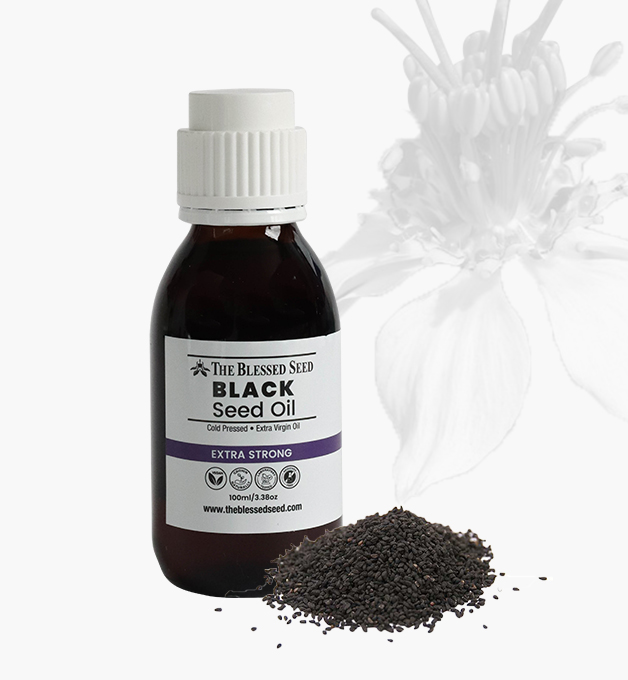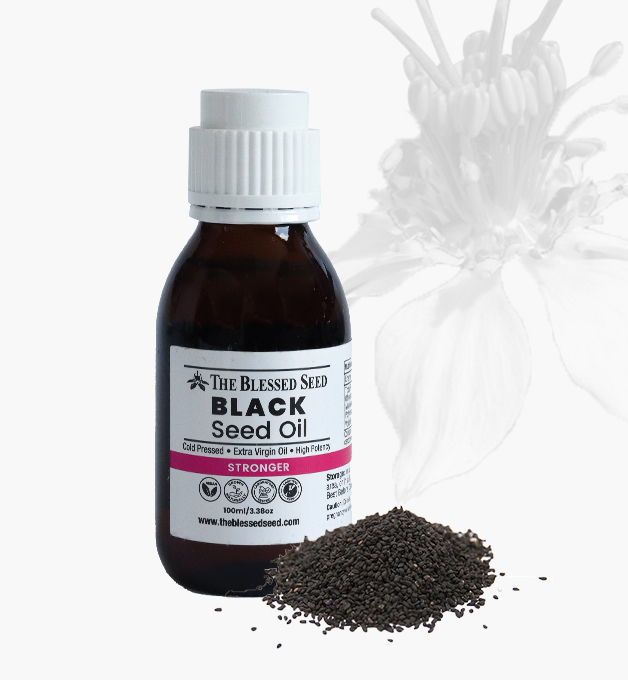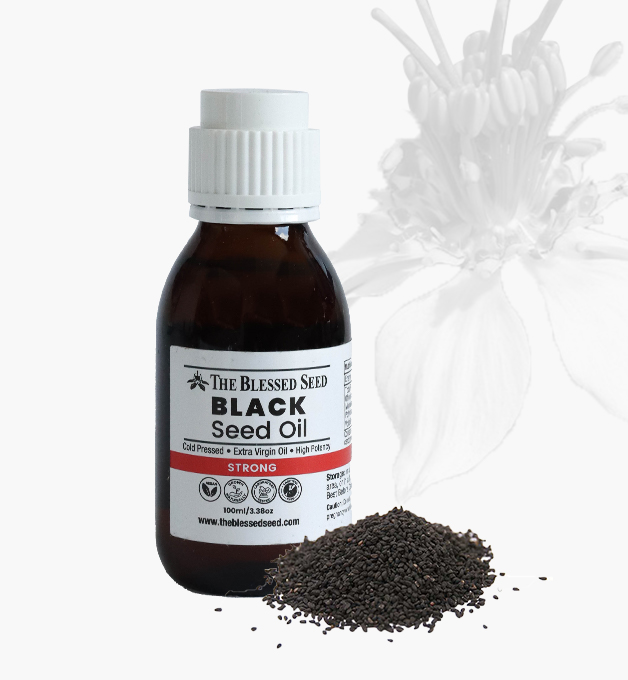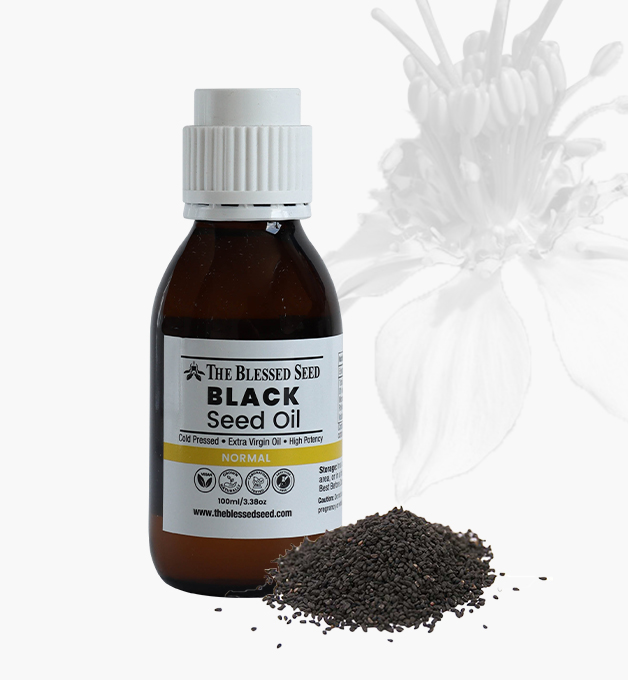One of the black seed’s most directly beneficial uses in healthcare comes from its extraordinarily powerful antibacterial properties.
Black seed oil is incredibly beneficial in treating skin wounds. Research has shown BSO to be effective against bacteria such as E. coli, Streptococcus pyogenes and Staphylococcus aureus – the main cause of skin and soft tissue infections such as abscesses (boils), diabetic ulcers, and cellulitis. Staphylococcus aureus can also cause serious infections in the bloodstream, bones, and joints, as well as pneumonia. In clinical trials, the oil was shown to be as effective against Staphylococcus aureus as traditional antibiotics; however, unlike traditional drugs, black seed oil causes no side effects.
Additionally, studies have found the oil has a significantly stronger antibacterial effect than Gentamicin, a popular broad-spectrum antibiotic. Gentamicin has a very narrow margin of safety, meaning that the toxic concentration of this drug is only slightly higher than its therapeutic dose. It should also be avoided by anyone with a kidney disease, hearing disorder, myasthenia gravis (neuromuscular disease), or Parkinson’s disease. Black seed oil is safe to take with any of these, as it has no harmful side effects.
Remarkably, black seed oil is effective even against antibiotic-resistant bacteria. In the modern healthcare system, bacteria develop resistance to antibiotics much faster than new antibiotics are developed to fight them; hence the growing importance of black seed oil in the treatment of infections. For example, Pseudomonas aeruginosa is the most common cause of nosocomial (hospital-acquired) infections in burn patients. This opportunistic and multidrug-resistant bacteria causes severe problems for hospitalized burn patients. It is estimated that infection contributes to as many as 75 percent of all burn injury-related deaths. Clinical trials have shown black seed oil to be effective against standard as well as multidrug-resistant strains of Pseudomonas aeruginosa, making it a powerful therapeutic tool in treating burn injuries.
Every year millions of people get sick from foodborne illness (food poisoning), and thousands die. Those especially vulnerable include pregnant women, young children, and people with weakened immune systems. Research has shown black seed oil is extremely effective at killing several of the common causes of food poisoning, including several different strains of antibiotic-resistant Salmonella and Listeria monocytogenes, which cause Salmonella poisoning and listeriosis, respectively. Major companies in the food industry are even investigating black seed oil as a possible tool to prevent foodborne illness outbreaks, protecting the health of the general population and decreasing economic losses.
Streptococcus mutans and Streptococcus sanguis are the most common cause of dental cavities. In clinical studies, Black seed oil exhibited good inhibition activity on both bacteria, showing that this miracle oil can also be used as an antimicrobial agent in maintaining good oral hygiene and preventing cavities. Is there anything that black seed oil cannot do?





